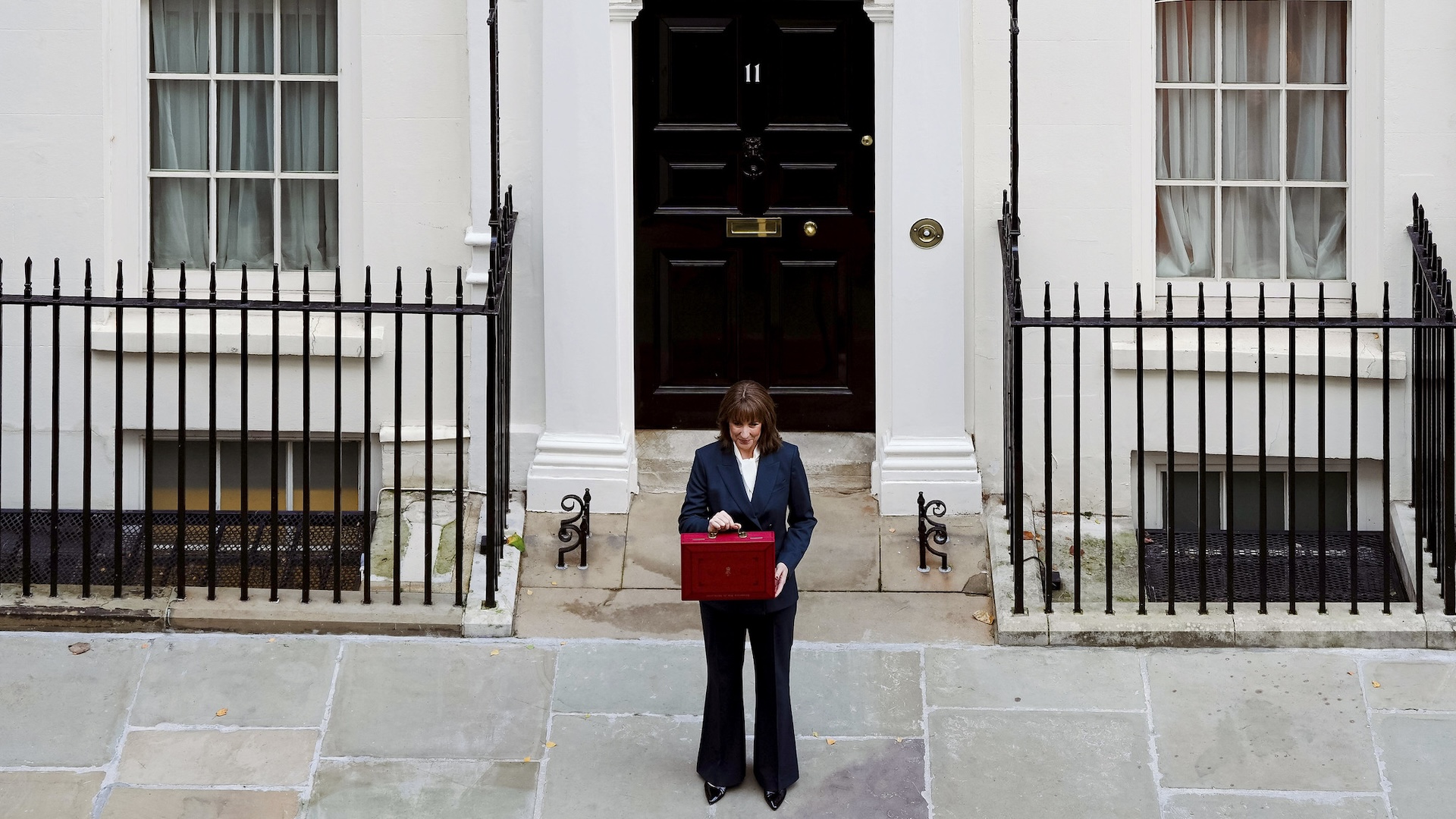This change means 1.6 million children will no longer be impacted by this cruel policy, and families will be better able to cover essential costs and meet their children’s needs,” Goodwin added.
“This decision demonstrates the government’s commitment to improving the daily lives and future chances of children.”
Joseph Howes, chief executive of Buttle UK and chair of the End Child Poverty Coalition, said: “This change will help lift futures – giving more children the chance to dream bigger, learn without limits, and grow up knowing they are valued.”
We break down how an end to the two-child limit on benefits will change lives below.
What is the two-child limit on benefits?
The two-child limit on benefits means that families cannot get any extra universal credit for their third child or any subsequent children born after April 2017.
It was introduced by the Conservative government eight years ago.
Advertising helps fund Big Issue’s mission to end poverty
Who will benefit from an end to the two-child limit?
Families claiming universal credit with three or more children, at least one of whom is born after April 2017, will benefit from an end to the two-child limit on benefits.
More than 1.6 million children were impacted by the policy in the year up to April 2025, according to official statistics. That is around one in nine children in the UK who will benefit from the change in policy.
How many children will be lifted out of poverty?
The Child Poverty Action Group (CPAG) estimates that 350,000 children will be immediately lifted out of poverty once the two-child limit is scrapped. A further 700,000 children will be in less deep poverty.
Other estimates are similar. The Resolution Foundation argues that scrapping the two-child limit will lift 330,000 children out of poverty immediately and prevent a further 150,000 from falling into poverty by the end of the decade.
The chancellor claimed that 450,000 children would be lifted out of poverty.
How much will families get now that the two-child limit is scrapped?
Families affected by the two-child limit on benefits will gain around £3,500 a year per third child and any subsequent children.
Advertising helps fund Big Issue’s mission to end poverty
Some newspapers have reported that it means some families will get an extra £20,000 a year – but this will only apply to families with at least eight children.
It is also money that they would have had before the Conservative government cut benefits for larger families by implementing the policy in 2017.
How much will lifting the two-child limit on benefits cost?
Scrapping the two-child limit on benefits will come at a cost of around £3.5 billion a year by the end of the decade, according to the Resolution Foundation.
However, keeping children trapped in poverty also costs the government. Child poverty is set to cost the country around £40bn by 2027, according to estimates from the Women’s Budget Group.
What is still left to do to tackle child poverty?
The government’s child poverty strategy is due to be published after the autumn budget.
Charities and campaigners are calling for further action to tackle child poverty. Big Issue is urging the government to implement legal targets to tackle child poverty, to hold itself accountable.
Advertising helps fund Big Issue’s mission to end poverty
Big Issue founder Lord John Bird said: “We must see a truly bold child poverty strategy with clever thinking on how to open up the pathways that offer our children escape from poverty, not just keep them comfortable in a pre-destined wait for lifelong hardship.
“The strategy should be backed by targets which provide much-needed benchmarks to track progress and drive action forward. The government must not dodge this vital layer of scrutiny.”
Laura Trevelyan, campaigns manager for economic, cultural and social rights at Amnesty International UK, added: “This government must make poverty eradication it’s key priority, and recognise that a decent standard of living is a human right, not a gift to be given or taken away.”
Others are calling for an end to the benefit cap, which puts a limit on the amount that households can get in benefits and also particularly impacts larger families.
Alfie Stirling, director of insight and policy at the Joseph Rowntree Foundation, added: “Housing costs and bills are still too high, our safety nets are too frail, and the cost to workers of caring for their loved ones is too great. Pushing harder in all these areas is now critical.
“It will mean going further to close inequalities in our tax system that cost revenue and make it unfair. The government’s and families’ prospects depend on the chancellor’s ability to deliver the change that’s urgently needed.”
Advertising helps fund Big Issue’s mission to end poverty
Do you have a story to tell or opinions to share about this? Get in touch and tell us more.
Change a vendor’s life this Christmas.
Buy from your local Big Issue vendor every week – or support online with a vendor support kit or a subscription – and help people work their way out of poverty with dignity.





